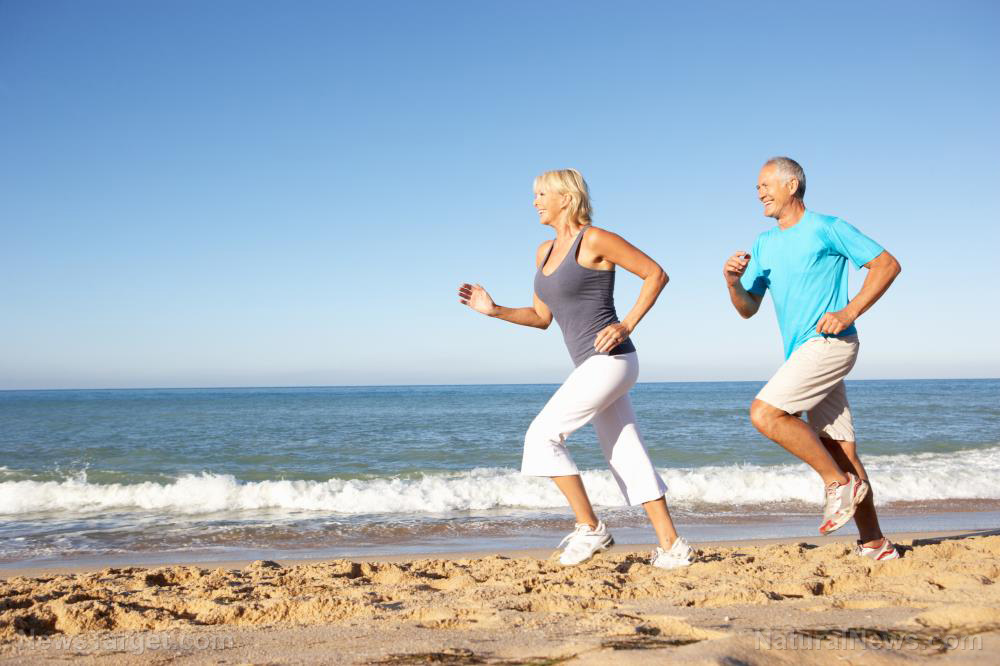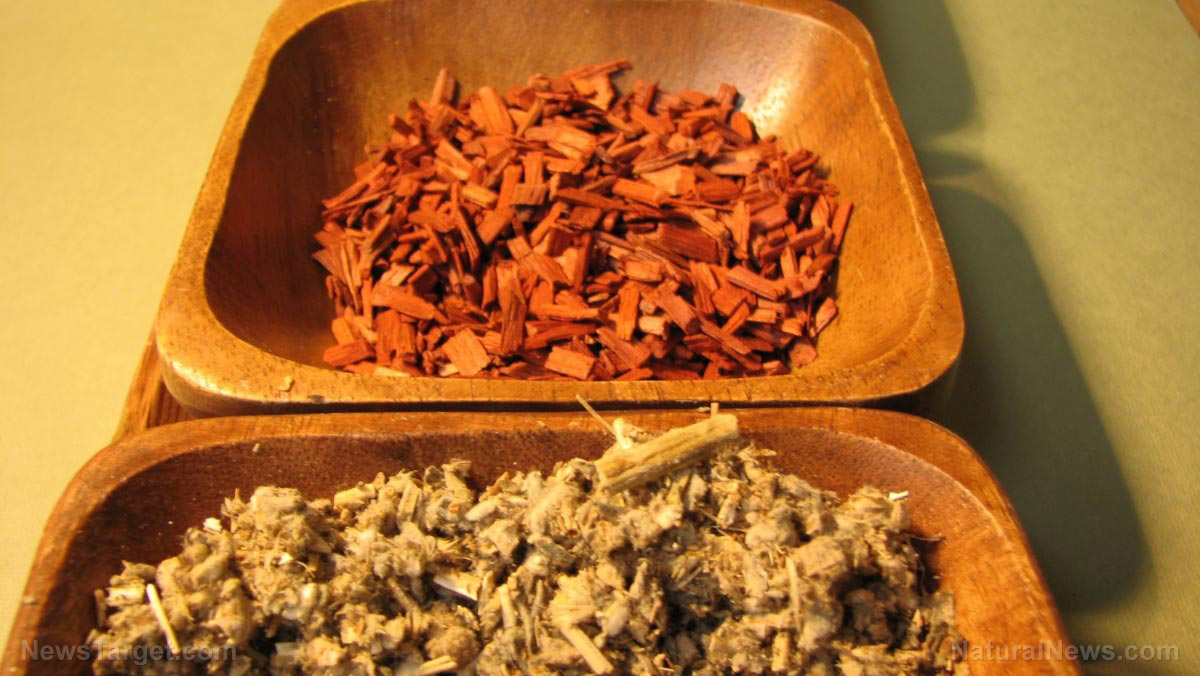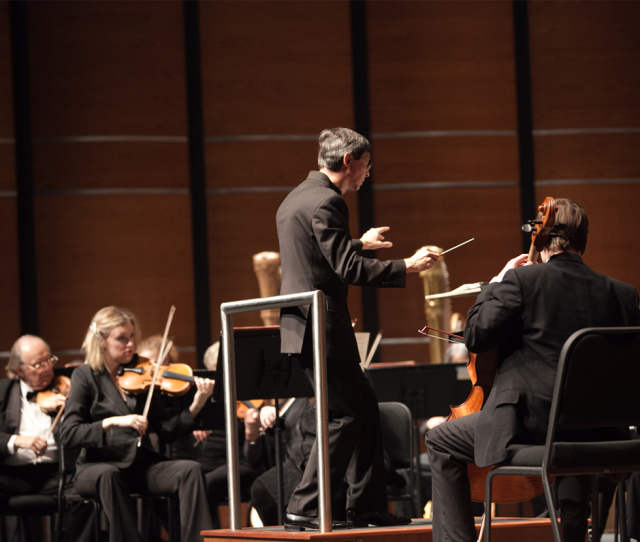Being sedentary can put you at risk of dementia
11/05/2018 / By Edsel Cook

Canadian researchers urge people of all ages – including older people – to get off the couch and get more exercise. Their new study warns that couch potatoes are much more likely to develop dementia than regularly active people, an article in Natural Health 365 stated.
What’s more, the McMaster University (MU)-led study adds that people who follow sedentary lifestyles are just as vulnerable as those who have the gene that increases the likelihood of dementia. These findings can be found in the Journal of Alzheimer’s Disease, where the paper has been recently published.
Dementia is a serious health concern that afflicts 47.5 million people globally. Experts predict that this number could increase by 63 percent by 2030, leading to as many as 75.6 million cases in the future.
Of this staggering number of cases of dementia, anywhere from 60 to 80 percent will be Alzheimer’s disease, the most widespread form of dementia. In the United States alone, there are around 5.4 million cases. (Related: Could brain surgery INCREASE risk of Alzheimer’s? Study suggests plaque responsible for dementia could stick to tools, spread the disease.)
Lack of physical activity makes you highly vulnerable to Alzheimer’s disease
One of the most important known risk factors for Alzheimer’s disease is the apolipoprotein E (APOE) gene. The e4 allele of this gene sends out instructions to produce the APOE protein, which combines with lipids in the body to form lipoproteins.
The presence of a single APOE e4 allele in the genes of an adult increases his or her vulnerability to Alzheimer’s disease by 300 percent. If a person has two copies of the allele, the risk increases by as much as 800 to 1,200 percent.
The MU study suggests that this same level of vulnerability to dementia can be found in people who do not have this APOE e4 gene but also do not engage in physical exercises. So lazing around at home is just as bad as being genetically susceptible to Alzheimer’s disease.
The study involved 1,646 adult participants of the Canadian Study of Health and Aging. All members did not demonstrate signs of dementia at the start of the study. Over the course of the next five years, they underwent evaluation for the presence of the APOE e4 allele and physical activity.
For participants who tested positive for the gene, it did not matter if they were physically active or not. Both groups displayed the same risk of developing dementia.
The results for the genetically healthy participants painted a different picture. The Canadian researchers reported that participants who followed a sedentary lifestyle were much more vulnerable to Alzheimer’s disease.
Meanwhile, physically active participants received a plethora of benefits from their exercise. One striking benefit is a reduced risk of dementia. Based on these findings, the researchers concluded that physical activity could help prevent dementia, even if you had the dementia-related gene.
Avoid dementia by exercising more often and more intensely
So how much exercise do you need to protect yourself against dementia? The recommendation is 2.5 hours of moderate physical activity or 75 minutes of more intense aerobic exercise every week.
One good way to meet the latter regimen is to go outside and walk briskly for 15 minutes. Do this five times each week. If you think this is too much, consider that the average senior citizen spends 9.4 hours each day just sitting down and not moving.
The older you get, the more vulnerable you become to Alzheimer’s disease and dementia. While you cannot do anything about your age, you can choose to change your lifestyle. Increasing your physical activity improves your chances of retaining your memories while also boosting your health in other ways.
Alzheimers.news can tell you more about the dementia-fighting properties of physical exercise and other natural approaches to maintaining your mental health
Sources include:
Tagged Under: age-related dementia, aging, aging brain, Alzheimer's disease, Alzheimer's disease risk, benefits of exercise, brain health, cognitive decline, dementia, dementia prevention, exercise and brain health, Exercise and dementia, fitness, longevity, mental health, physical exercise


















